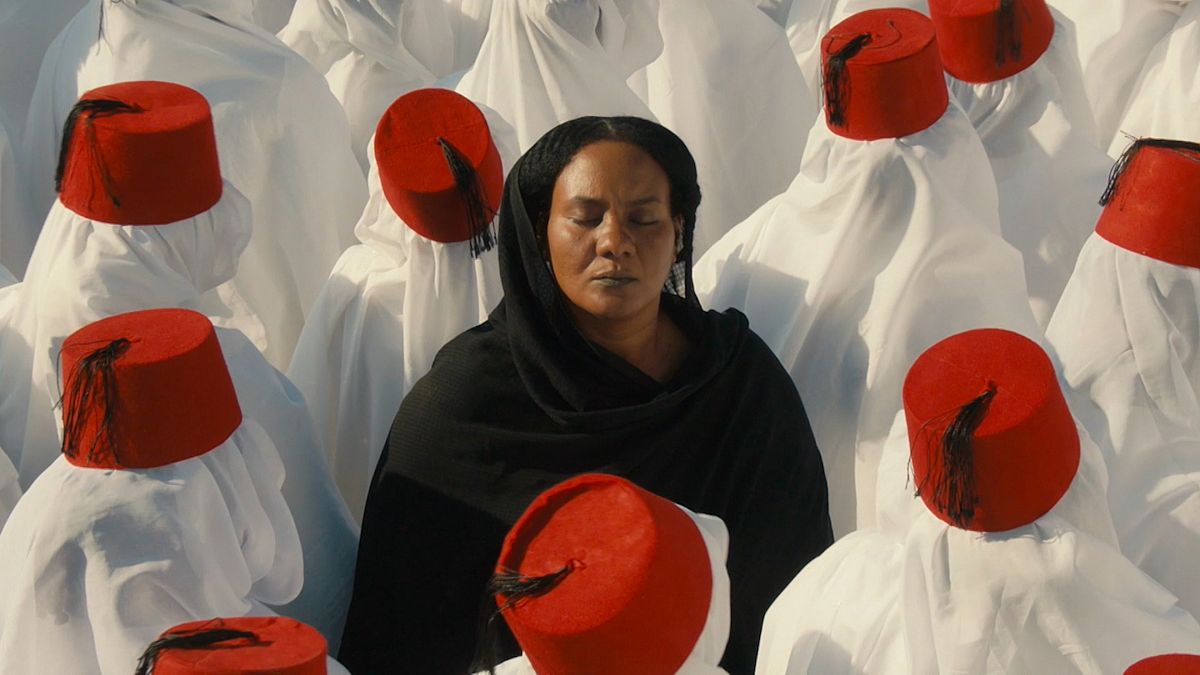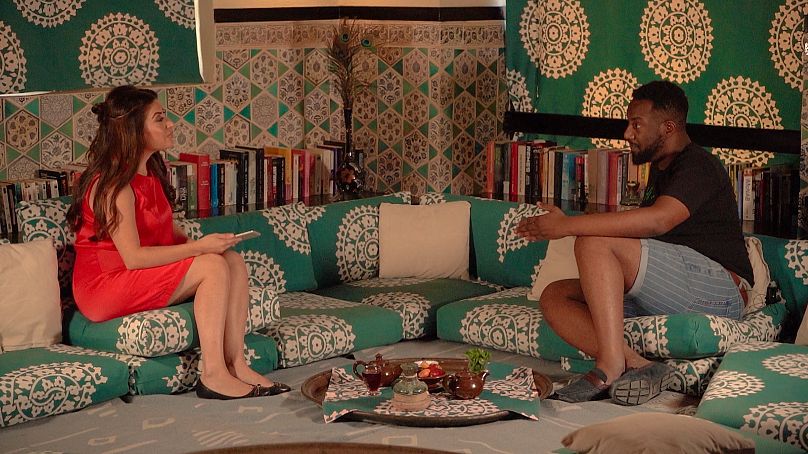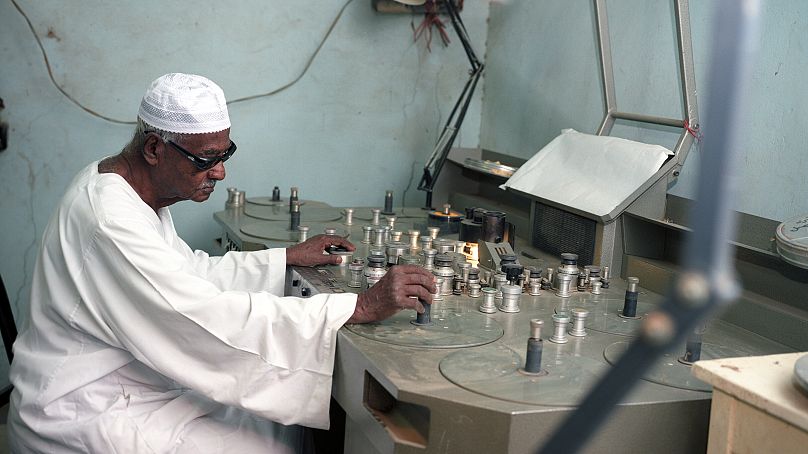The arrival of president Omar Hassan Ahmad al-Bashir in 1989 brought Sudan's film industry to a crashing halt. Cinema doors were closed for thirty years and filmmakers went underground.
The arrival of president Omar Hassan Ahmad al-Bashir in 1989 brought Sudan's film industry to a crashing halt. Cinema doors were closed for thirty years and filmmakers went underground.
Today, the country’s film industry could be on the brink of a revival, according to young creatives like director Amjad Abu Alala, whose latest film 'You Will Die at 20' debuted in 2019.
Abu Alala was born and raised in the UAE. He studied at the United Arab Emirates University (UAEU) and soon after graduation started working on television documentaries before embarking upon film projects.
He is proud that his movie marks the seventh offering in Sudan’s cinematic history.
“I think we are lucky, my generation as a filmmaker in Sudan,” says the screenwriter and activist. “To be dealing with the land of untold stories because, really, it's new to see. We used to see African films and used to see Arab films, but we didn't use to see that mix. I think Sudan is the mix.”
Challenging norms
Set in contemporary Sudan, Abu Alala’s movie centers around a young man, Muzamil, who - following a Sufi’s prediction - is raised to believe he will die aged 20.
Muzamil’s father abandons his family in fear of the curse, leaving Sakina, Muzamil’s mother, behind to raise their son.
Muzamil soon starts working with Sulaiman, a shopkeeper whose lifestyle and beliefs go against the town’s traditions, and the two develop a bond.
The young man holds fast to the fear of imminent death, until embracing Sulaiman’s rejection of cultural superstitions.
“I think I see myself a little in Muzamil, and a little more in Sulaiman,” Abu Alala told Daleen Hassan of Inspire Middle East. “Sulaiman is the one who can talk and say what he wants. I think I'm that one also.”
Big break
Abu Alala’s film gave many young Sudanese actors their first break, including Mustafa Shehata who played the protagonist, Muzamil.
With major wins at Tunisia’s Carthage, Egypt’s El Gouna and the Venice Film Festival, Abu Alala’s project was executed by using his country’s resources, production facilities and talent.
“To create a film of good quality, that, first of all, was my target since I decided to do a feature film,” he said. “I mean the acting quality & the quality of visuals.”
By training and employing nationals to help realize his vision, Abu Alala believes he has supported the homegrown industry in the short and the long-term.
Sudan’s cinematic past
Sudan’s cinematic development followed the lead of bordering country Egypt.
A number of silent films emerged from Egypt as early as 1896, and French cinematographer Alexandre Promio captured the country’s famous pyramids on camera for the Lumière Brothers a year later.
Tens of feature productions followed in the 1930s, before the country entered a golden age of cinema spanning the 1940s, 1950s and 1960s.
Sudan became one of the first countries in Africa to embrace the medium, with national filmmaker & producer Gadalla Gubara something of a pioneer.
In 1955, the director produced Africa’s first colour film, ‘Song of Khartoum’, before establishing the country's first private film facilities, Studio Gad, in the early 1970s.
Before his death in 2008, Gubara’s body of work included more than 50 documentaries and three feature films.
SEEN ON SOCIAL MEDIA: EXPLORATION
Italian film student Valentina enjoyed shooting a short movie in Marrakech.


